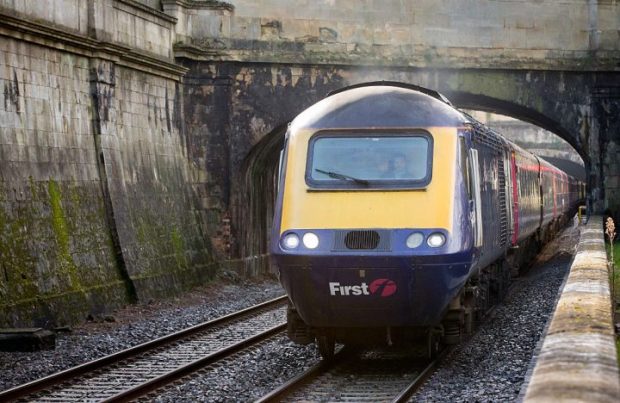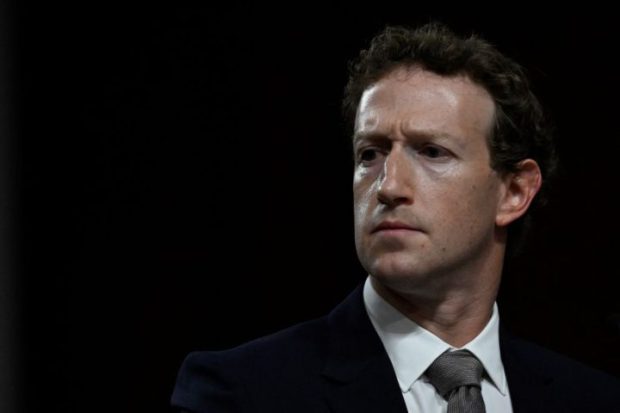The Office for Budget Responsibility (OBR) will have to sign off on any changes to taxation. It will need to run its slide rule over any spending plans. And it will be mandated to commission an independent panel of experts to approve the Chancellor’s lunch, checking it for nutritional standards, and competitive pricing.
Okay, it is possible that I made that last one up. But the rest are right: the Labour party has just promised to vastly increase the powers of the OBR, allowing it to scrutinise the government machine in minute detail. In effect, it will surrender control of its economic programme to the same grey bean-counters who have already failed Britain – and that will condemn the country to five more years of dismal stagnation.
The OBR is not actually especially good at what it does
As a way of marking this week’s anniversary of Liz Truss’s doomed mini-budget, it may well make a certain amount of political sense. Shadow chancellor Rachel Reeves has outlined plans to beef up the OBR, and to make it even more powerful than it already is. It will be free to publish fresh forecasts every time a change in tax or spending is announced, compared to the twice-yearly forecasts, along with monthly updates, that it publishes right now.
‘Never again can a chancellor be allowed to repeat the disastrous mistakes of last year’s mini-budget,’ Reeves told the BBC, referring to the decision of the Truss government to launch its budget plans without an OBR analysis.
To the kind of technocratic centrists who think that all major decisions should be handed over to self-appointed experts that may have a certain appeal.
‘The mini-budget demonstrated the folly of announcing large permanent changes to fiscal policy without an accompanying forecast, and Labour’s changes would ensure this could not happen again,’ according to Tom Pope, deputy chief economist at the Institute for Government.
To policy wonks, and certainly to the bond markets, the more powerful the OBR becomes the less room there will be for government to embark on a radical change. But there’s a sticking point. When you are twenty points ahead in the opinion polls you can stop worrying about short-term political calculation. It is time to think about governing instead. And increasing the power of the OBR will turn into a catastrophic miscalculation.
The OBR is not actually especially good at what it does. In fairness, economic forecasting is very difficult, and everyone gets it wrong. Even so, the OBR has a dismal track record.
Labour’s plan also rules out any form of genuine radicalism. It stopped Truss’s neo-Reaganite dash for growth. But it will just as effectively block the kind of green industrial strategy that many Labour supporters might like.
The harsh reality is that steady-as-goes is not going to be a workable policy for a Starmer administration that runs from 2024 to 2029. By handing yet more power to the bean counters at the OBR, Labour is committing itself to five years of stagnation, with rising demand on public spending, and endless pressure for higher taxes. It may make short-term sense. But once the party is in power it will quickly regret it.
Got something to add? Join the discussion and comment below.
Get 10 issues for just $10
Subscribe to The Spectator Australia today for the next 10 magazine issues, plus full online access, for just $10.





















Comments
Don't miss out
Join the conversation with other Spectator Australia readers. Subscribe to leave a comment.
SUBSCRIBEAlready a subscriber? Log in